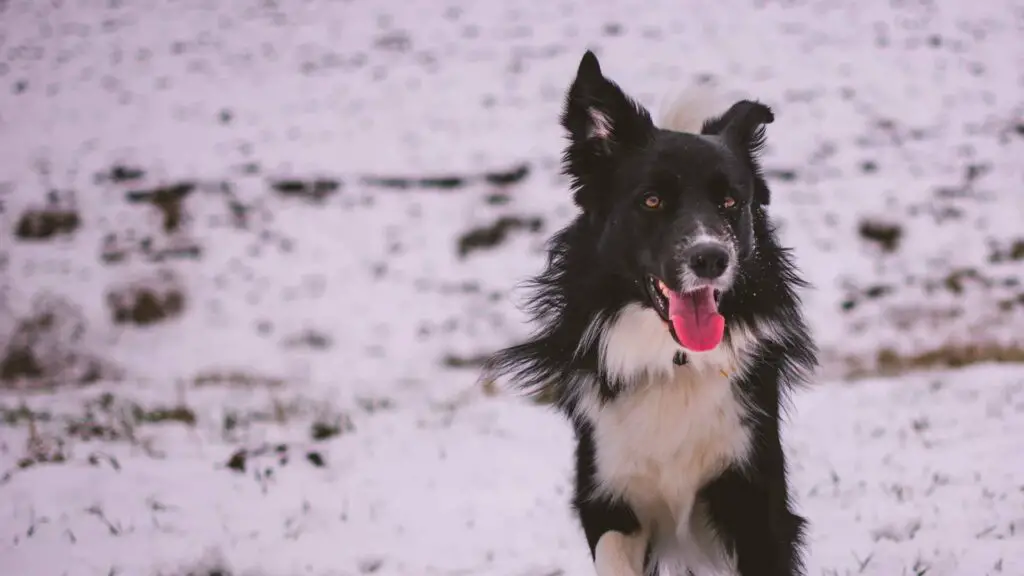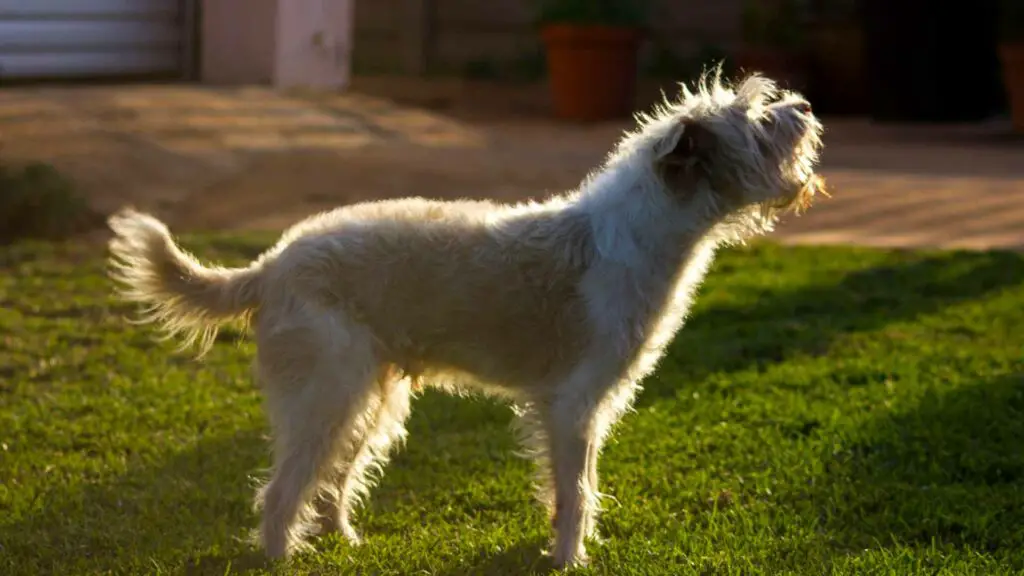Why do Yorkies bark so much?

No one likes to waste their energy for no reason. We wouldn’t like to scream at the top of our lungs all the time, for no good reason, right? It’s tiring, irritating (even to ourselves), and honestly, a little sad!
Your pet doesn’t exactly enjoy barking either. But because there is a language barrier, we end up confusing their barks as tantrums rather than a way of communicating.
Sensitive dogs
First and foremost, you must understand that Yorkshire Terriers are highly sensitive dogs. They have ears that are shaped conveniently to be able to hear every sound far from them. Because they have such sensitive ears, even a car passing by far away on the streets catches their attention, and they may start barking.
Territorial Yorkies
This, coupled with their territorial nature, results in a barking dog that you can’t seem to get a handle on. Because Yorkies are loyal and protective, any new sound or motion they detect makes them report to their human. This is why they make excellent watch/ guard dogs.
Change in environment
You will notice that your Yorkshire Terrier starts barking when a new person or other dogs comes in, you take them to a new place, there’s any change in the environment, or something randomly new happens like a new wind chime tinkling in your house. Their sensitivity and prompt alertness are to blame.
Sometimes, your Yorkie might start barking in the middle of the night, and you might have no clue of what’s happening. Chances are, they heard something far away, sensed a dog or dogs near your house, or something else we don’t know!
Basically, your Yorkie baby is not barking because they like it! They just want to share with you what they know. And sadly, they can do it only through barking because, well, they can’t talk (at least yet).
But there’s a lot more to their barking, so keep reading to get an insight into their life and tips to make Yorkies stop barking.











